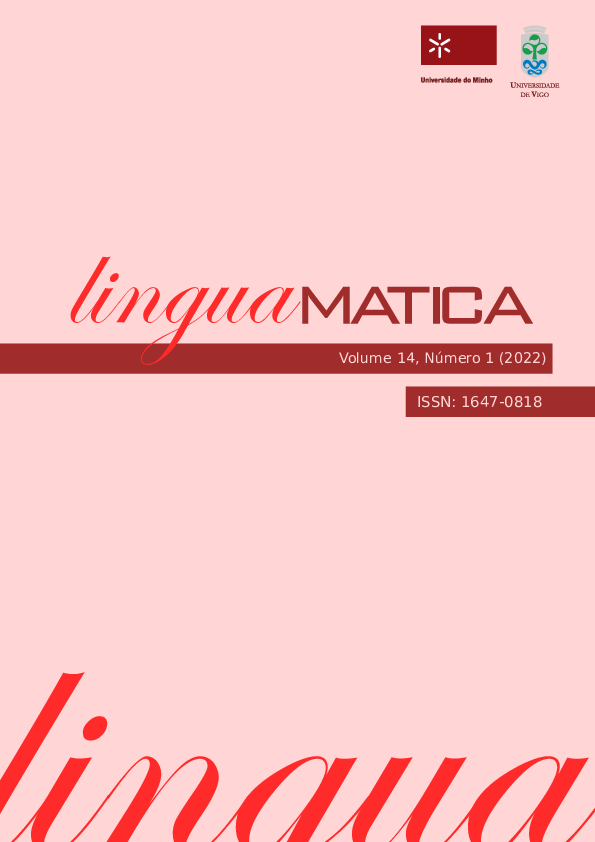AMR-based Semantic Parsing for the Portuguese Language
Abstract
Abstract Meaning Representation (AMR) is a semantic formalism designed to capture the meaning of a sentence, representing it as a single rooted directed acyclic graph with labeled nodes (concepts) and edges (relations) among them. This representation has received growing attention from the Natural Language Processing community as many authors have proposed several models to produce an AMR graph from a sentence, aiming to improve natural language understanding. However, most of these models have focused on the English language due to the lack of large annotated corpora for other languages, producing a gap between English and other languages. To overcome this issue, in this paper, we carried out a fine-grained analysis of several parsers, adapted three different models to Portuguese, and proposed some improvements. Furthermore, we extended a previous rule-based AMR parser designed for Portuguese. We evaluated these models on a manually annotated corpus in Portuguese. Then, we performed a detailed error analysis to identify the major challenges in Portuguese AMR parsing that we hope will inform future research in this area.
Copyright (c) 2022 Rafael Torres Anchiêta, Thiago Alexandre Salgueiro Pardo

This work is licensed under a Creative Commons Attribution 4.0 International License.
Authors who publish with this journal agree to the following terms:
- Authors retain copyright and grant the journal right of first publication with the work simultaneously licensed under a Creative Commons Attribution License that allows others to share the work with an acknowledgement of the work's authorship and initial publication in this journal.
- Authors are able to enter into separate, additional contractual arrangements for the non-exclusive distribution of the journal's published version of the work (e.g., post it to an institutional repository or publish it in a book), with an acknowledgement of its initial publication in this journal.
- Authors are permitted and encouraged to post their work online (e.g., in institutional repositories or on their website) prior to and during the submission process, as it can lead to productive exchanges, as well as earlier and greater citation of published work (See The Effect of Open Access).













